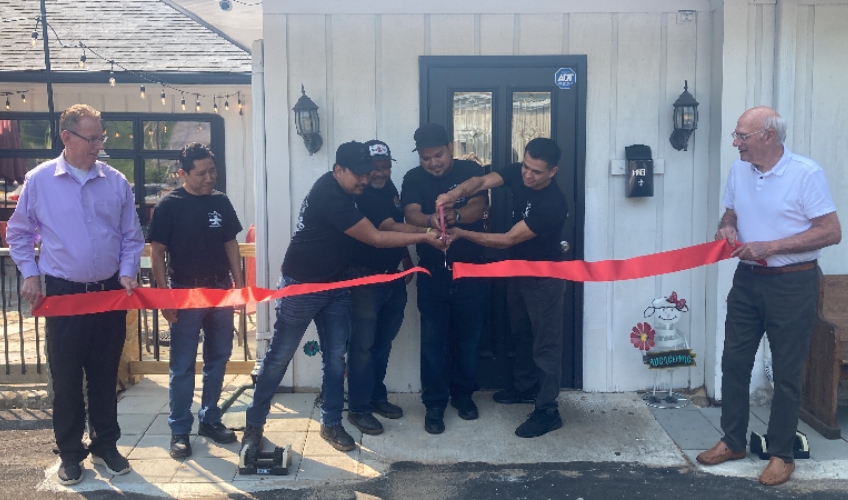Polk UDO committee ranks Vision 20/20 goals
Published 12:36 pm Thursday, October 7, 2010
One of the first steps the new Unified Development Ordinance (UDO) working group has performed is ranking the many, many goals contained in the 20/20 Vision Plan. The committee says the number of goals in the 20/20 Vision Plan is simply too great to address them all at once, so a ranking is necessary.
The ranking identified the following goals for primary importance.
1. Consider the impact of development on prime agricultural lands.
This would mean considering the impact of subdivisions and other development on those lands. Quite a bit of the discussion and emphasis was about preserving Polk Countys agricultural heritage.
2. Two goals tied for second place ranking: Allow/encourage cluster development or consider establishment of Polk County Land Preservation Districts in the greenspace and restricted growth land use sectors.
and
Require conditional use permits for all major subdivisions in all land use sectors. &bsp;
Cluster development can preserve greenspace and minimize needed infrastructure in subdivisions. Requiring conditional use permits for major subdivisions would allow citizens to have a voice in whether major subdivisions should be allowed in their neighborhoods and, if so, the conditions under which they would be allowed.
3. Supporting attainable housing.
This does not refer to subsidized housing but to housing that working families and retirees can afford. &bsp;
4. Two goals tied for fourth place: Encourage commercial development to locate in clusters, special use districts and intended growth and controlled growth land use categories.
and
Improve regulations to protect agricultural and forestry uses, including improving the countys farmland preservation ordinance.
5. Two goals tied for fifth place: Address big box developments
and
Consider various ways to improve water quality.
At the September 23 meeting of the UDO working group, all of these topics were discussed in great detail.
The meeting began with organizational considerations. Dale Holland, Polk Countys planning consultant, led the discussion. Mr. Holland began by making it clear that the UDO must not be so comprehensive as to overwhelm the county’s ability to administer it. He noted the limited staff available for the purpose. And he expressed the concern that the various conditional use requirements for major subdivisions could overwhelm the ability of the Zoning Board of Adjustment (ZBA) to handle them. He suggested that conditional use and special use permit decisions may be divided between the ZBA and the planning board.
Mr. Holland said he realizes that zoning must not be forced on the northern townships. There are, however, reports of concerns in the northern townships that the Town of Lake Lure could extend extraterritorial jurisdiction (ETJ) powers into Polk County. &bsp;
If Lake Lure were to do that, it could impose its own planning and zoning requirements on the areas of Cooper Gap Township that it takes over, and the people of the affected area would not have any voice in the decisions and would not be able to vote for the council of the Town of Lake Lure. The UDO group discussed the importance of protecting Cooper Gap Township.
Mr. Holland noted that somepriority conflicts will need to be resolved (for example, seven acre density for major subdivisions and attainable housing concerns, given the high cost of land in Polk County). The UDO group discussed at least half a dozen possible approaches to the attainable housing issue.
The next UDO committee meeting will be Nov. 18 at 7 p.m. in the meeting room of the Polk County Library. At that time, the first draft of the UDO will be presented. A two-month time will follow to allow committee members and other citizens to absorb the draft’s contents before deliberations begin.





